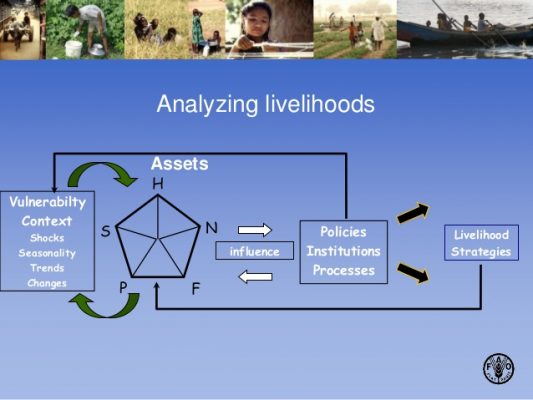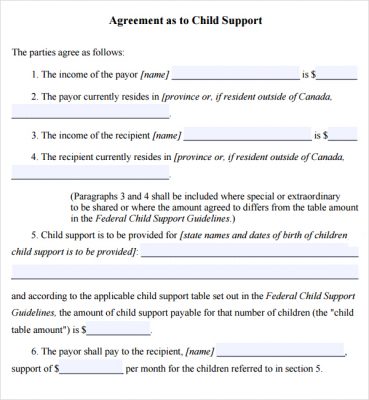The following is a selection of statistics and trends at the national level on the payment and receipt of child support.
Percentage of annual of sums paid and received for the support of children.
- In 2001, 6.9 million parents in custody should receive, under the terms of agreements or assignments, an average amount of $5,000, or a total of $34,900 million in overdue payments.
- Of this amount, they charged around $21,900 million (62.6 percent), resulting in an average of $3,200 per family (parent with custody). In general, in 2001, parents in custody reported having received directly from the noncustodial parent $22,800 million for the support of their children; this included $900 million received by parents without a mutual agreement or assignments.
Percentage of annual of sums received for the support of children.
- In 2001, the annual average received for the support of children (by parents in custody to receive at least a certain amount) was $4,300 for mothers and fathers alike (as the recipients of the payments).
Parents who received late payments
- In 2001, the proportion of parents in custody who received payments of child support that was owed was 44.8 percent. Among these parents, the average amount received was $5,800, almost equally to mothers and fathers.
- The average family income of 3.1 million of parents in custody who are owed payments support in 2001 was $32,300, and their percentage of poverty was 14.6 percent.
Child support when there are custody and visitation arrangements
- A large majority (85.3 percent) of the 6.9 million of parents in custody who are owed support payments of children in 2001 had agreements for shared custody or visitation privileges with the noncustodial parents, and approximately three-quarters (77.1 percent) of these parents received any payment for sustenance.
- Around half (55.8 percent) of the parents who are owed payments for child support, but that they had not had an agreement of shared custody or visits, who received some payment.
Child support and public assistance
- In 2001, about 36.5 percent of custodial parents contacted any office in charge of the enforcement of the payment of child support (also known as offices, “IV-D”), the state department of social services or to any other office of public assistance, to request help with the sustenance of a child.
- The participation of custodial parents in the assistance programs fell from 40.7 to 28.4 percent between 1993 and 2001. While the rate of participation in the program of mothers in custody was reduced from 45.2 to 31.0 percent during that period, was double that of parents in custody in 2001 (14.9 percent).
More statistics about child support and child custody
- In 2002, an estimated 13.4 million parents obtained custody of 21.5 million children under 21 years of age due to the other parent lived elsewhere. About 5 of every 6 parents in custody were mothers (84.4 percent) and 1 of every 6 was a father (15.6 percent).
- In 2002, 27.6 percent of all persons under the age of 21 years lived in households where one parent was absent.
- Of the 13.4 million parents in custody in April of 2002:
- 7.9 million had some type of agreement or support order for your children, and
- 5.5 million had no agreement.
- Nearly 63.0 percent of mothers and 38.6 percent of parents agreed (or were given) the livelihood of children.
- Among the parents who are owed support payments in 2001, 73.9 percent received at least some payment directly from the parent without custody.
- Around 58.9 percent of the 7. million agreements child support in 2001 had provisions on the health insurance for the children.
- Characteristics of the mother in custody. Around 31.2 percent of mothers in custody never married. The rest of the mothers who were once married included 43.7 percent who were divorced or separated and 25.1 percent who were still married or enviudaron.
- Characteristics of the custodial parent. The majority of custodial parents are divorced or separated (56.2 percent), while 24.5 percent were married or enviudaron, and 20.3 percent of them never married.
Read the full report: Mothers and fathers in custody and child support [PDF]
A Child support: How to obtain the help of an attorney
If you are facing a dispute the potential for the sustenance of children, whether due to a divorce or because he is a single dad, a lawyer specializing in family law can help you with a fair representation of the parties in the process. A lawyer specializing in family law will work to obtain the best possible result in the execution of the support order, in the fulfillment of an order already existing, or in the establishment (or rejection) of the paternity. The first step is to find a lawyer spatialized in family law in your area.









